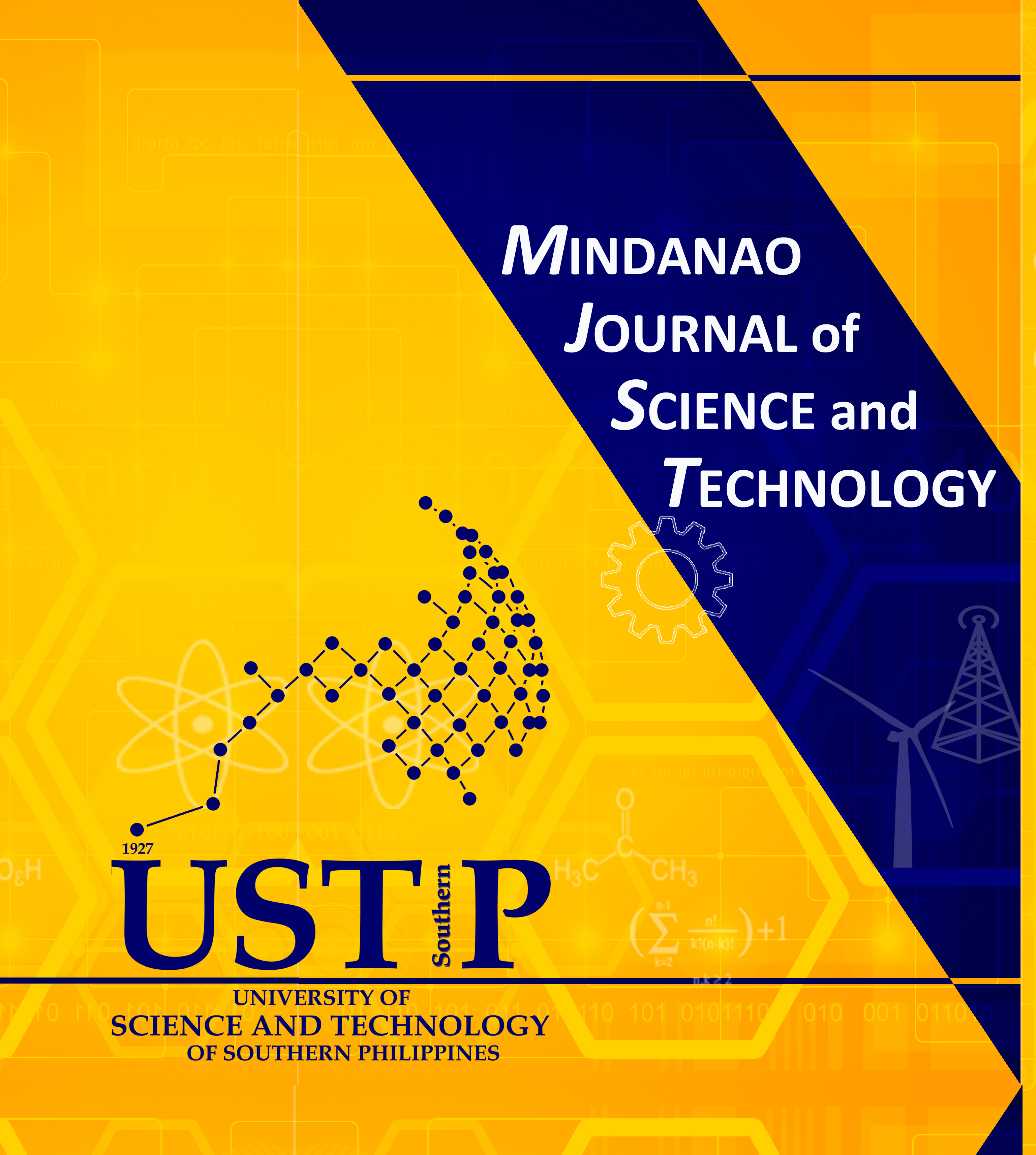Enhancement of Rice Seedling Growth with Rhizobacteria Inoculation in Response to Polyethylene Glycol (PEG)-induced Drought
Keywords:
ACC, deaminase, drought, IAA, PEG, rhizobacteriaAbstract
Drought is a major constraint to rice production in the rainfed upland or rainfed lowland environments. Rhizobacteria, prevalent in rice root system, can produce enzymes and hormones that can aid in enhancing plant water retention. Drought tolerance of rice variety PSB Rc23 was assessed following inoculation with each of the 140 rhizobacterial isolates from Camarines Sur, Apayao, and Isabela. Isolates were screened using the stress substance polyethylene glycol (PEG) 8000. In response to 25% PEG, a more severe stress (= water potential of -7.5 bars), 4 of the 140 rhizobacterial isolates were selected as drought-tolerant. The selection was based on the production of 1-aminocyclopropane-1-carboxylic acid (ACC) deaminase andindole-3-acetic acid (IAA), and plant’s response in terms of mild leaf rolling, less leaf tip drying, and enhanced plant growth. ACC deaminase reduces ethylene level, thereby enhancing plant tolerance to drought stress. IAA enhances root formation; thus,influencing water absorption.










